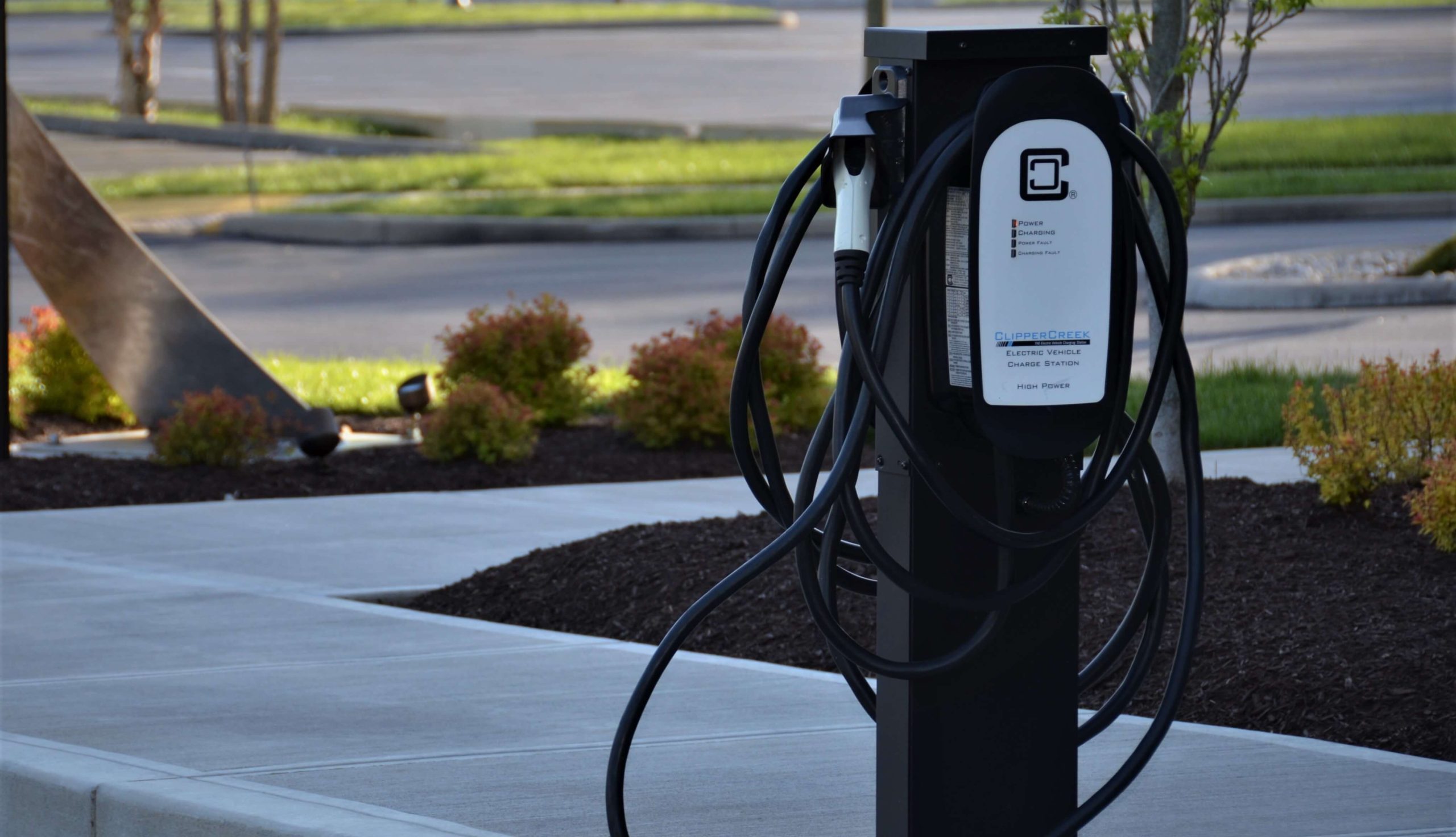Roundup Lawsuits
Thousands of people have filed lawsuits that blame Roundup for causing non-Hodgkin lymphoma and other related cancers. They say Roundup’s maker knew or should have known of the risks but failed to properly warn consumers.
Latest Roundup Cancer Lawsuit Updates
As of October 11, 2023, there were 4,232 Roundup lawsuits pending in multidistrict litigation in California.
Even though Bayer offered a $10.9 billion Roundup settlement to resolve about 100,000 Roundup cases in 2020, Roundup lawyers are still accepting claims for potential settlement or trial. The MDL remains open.
- July 2023: There were 4,212 Roundup lawsuits pending in multidistrict litigation in California.
- June 2023: Active pending cases reached 4,193. Bayer agreed to a multimillion settlement in an environmental Roundup lawsuit filed by the New York Attorney General.
- May 2023: Monsanto won its seventh consecutive trial the latest trial in St. Louis, Missouri. The plaintiff was Sharlean Gordon.
- September 2022: Monsanto won its fifth consecutive trial in St. Louis, Missouri.
- May 2021: California Judge Vince Chhabria rejected Bayer’s offer to settle future Roundup class-action lawsuits for $2 billion, saying it wasn’t enough.
- June 2020: Bayer offered $10.9 billion to settle about 100,000 Roundup lawsuits.
In June 2023, Bayer agreed to pay $6.9 million to the state of New York to settle claims that the company misled consumers regarding Roundup’s environmental safety. Funds will go to mitigating the effects of pesticides on aquatic species and pollinators.
In May 2021, San Francisco U.S. District Judge Vince Chhabriain denied Bayer’s offer of $2 billion to settle future claims, calling it “clearly unreasonable,” according to Reuters. Thousands of Roundup cancer claims remain pending in the California MDL and across the country.
Juries in California have awarded large verdicts to people who claimed Roundup caused cancer: $2 billion in May 2019, $80 million in March 2019 and $289 million in August 2018. Roundup lawyers are still accepting claims to potentially go to trial or to negotiate a settlement.
Why Are Roundup Lawsuits Being Filed?
People heavily exposed to Roundup filed Roundup cancer lawsuits against Monsanto and Bayer claiming the weed killer caused them to develop cancer, specifically non-Hodgkin lymphoma and related cancers. Bayer acquired Monsanto in 2018.
The World Health Organization has classified glyphosate, the active ingredient in Roundup, as a probable human carcinogen. Plaintiffs say the makers of Roundup didn’t warn the public about the cancer risks and engaged in tactics to deceive consumers about Roundup and the safety of its active ingredient, glyphosate.
Why File a Roundup Lawsuit?
People exposed to Roundup may file Roundup cancer lawsuits to receive compensation for the extensive medical costs of treating cancer and their wish to provide for their family’s future. Compensation could include lost wages, loss of consortium, loss of future earnings and pain and suffering. Plaintiffs and their families also want to hold Bayer and Monsanto accountable for negligence.
Throughout the course of Roundup litigation, Monsanto’s internal corporate communications, dubbed the “Monsanto Papers,” revealed evidence that the company used deceptive tactics to suppress science and used relationships with regulators to hide Roundup’s cancer links for years.
Monsanto and Bayer continue to stand by the safety of glyphosate, but based on evidence presented at trials, juries have awarded millions of dollars in punitive damages —damages awarded to punish defendants for especially negligent and harmful behavior.
Injuries Named in Roundup Lawsuits
The injuries named in Roundup cancer lawsuits center around non-Hodgkin lymphoma, a type of cancer that starts in white blood cells in the lymph nodes.
B-cell lymphomas, T-cell lymphomas and rare types of non-Hodgkin lymphoma included in Roundup cancer lawsuits are:
- Anaplastic Large Cell Lymphoma
- B-Lymphoblastic Lymphoma
- Burkitt Lymphoma
- Chronic lymphocytic leukemia
- Cutaneous T-cell lymphoma
- Diffuse large B-cell lymphoma
- Extranodal Marginal Zone B-cell Lymphoma, mucosa-associated lymphoid tissue
- Follicular lymphoma and hairy cell leukemia
- Large Granular Lymphocytic Leukemia
- Lymphoplasmacytic Lymphoma (Waldenström Macroglobulinemia)
- Mantle cell lymphoma
- Marginal zone B-cell lymphomas
- Mycosis Fungoides
- Nodal marginal zone B-cell lymphoma
- Peripheral T-cell lymphomas
- Primary Central Nervous System Lymphoma
- Sezary Syndrome
- Small lymphocytic lymphoma
- Splenic marginal zone B-cell lymphoma
There are several types of related cancers that Roundup lawyers are accepting in lawsuits, some rarer than others. If you are unsure if your type of cancer or a loved one’s type of cancer is included in lawsuits, contact a Roundup cancer lawsuit lawyer for a free consultation.
Does Roundup Cause Cancer?
Roundup’s link to cancer is controversial because the U.S. Environmental Protection Agency has said that “glyphosate is not likely to be carcinogenic to humans,” but the World Health Organization has said that the herbicide is “probably carcinogenic to humans.”
“There is an extensive body of research on glyphosate and Bayer’s glyphosate-based herbicides, including more than 800 studies submitted to the U.S. Environmental Protection Agency (EPA), in connection with the registration process, which confirms these products can be used safely and that glyphosate does not cause cancer,” according to Bayer.
Some recent studies that link Roundup to cancer and health problems include:
- March 2023: UC Berkeley School of Public Health research found children exposed to glyphosate have an increased risk of “liver inflammation and metabolic disorder in early adulthood, which could lead to liver cancer, diabetes and cardiovascular disease later in life.”
- February 2023: A 2023 study published in Chemosphere found “glyphosate promotes estrogenic activity in hormone-sensitive breast cancer cell lines.”
- January 2023: A study published in the Journal of the National Cancer Institute found those exposed to glyphosate have cancer biomarkers in their urine.
- June 2022: A report by the Centers for Disease Control and Prevention found more than 80% of urine samples from U.S. children and adults contained glyphosate.
- February 2019: University of Washington scientists published a review in Mutation Research that found agricultural workers with heavy glyphosate exposure had a 41% increased risk of developing non-Hodgkin lymphoma over their lifetimes versus people who were exposed to the chemical infrequently or not at all.
Critics say industry-funded research overwhelmingly shows Roundup doesn’t cause cancer, while non-industry studies link glyphosate to cancer and other health problems.
For example, an analysis published in Environmental Sciences Europe found that out of the 36 studies on pure glyphosate, just 2% of industry-funded studies found a link between glyphosate and cancer, according to an article in Popular Science. In contrast, 67% of studies published in peer-reviewed journals found a link.
With the current evidence the EPA cites, glyphosate is not likely to be banned in the U.S. Bayer announced it would stop selling glyphosate-based products on the U.S. residential market by 2023 and come up with glyphosate alternatives “to help close the door on this litigation and ensure that any claims brought by individuals who use Roundup in the future are few in number and unlikely to succeed.
“There will be no change in the availability of the company’s glyphosate formulations in the U.S. professional and agricultural markets,” the company said.
Do I Qualify to File a Roundup Lawsuit?
You may qualify to file a Roundup cancer lawsuit if you were diagnosed with non-Hodgkin lymphoma or any of its subtypes after June 1, 2018. The reason is that there are statutes of limitations and time limits for lawsuits that start from the date of cancer diagnosis.
Qualifications to file a Roundup cancer lawsuit include:
- You used Roundup over a long period or were extensively exposed to Roundup at 12 years of age or younger.
- You received a non-Hodgkin lymphoma or another qualifying cancer diagnosis on June 1, 2018, or after.
- Your state’s statute of limitations hasn’t passed.
Depending on the state you live in, you may have as little as two years to file a claim. So, it’s important to seek legal representation right away. You are more likely to qualify for a Roundup lawsuit if you worked in commercial agriculture or landscaping because of the high exposure levels to Roundup.
Make sure you tell your attorney when your Roundup exposure began and how often you were exposed. Only a licensed Roundup lawyer can tell you for sure if you qualify, and it doesn’t cost you anything to get a free consultation.
How Can You Prove Exposure to Roundup?
You can prove your exposure by showing evidence that you were exposed to Roundup at work, at home or on a farm. Types of evidence include purchase receipts, used Roundup bottles or landscaping invoices.
If you worked for a company that required you to use Roundup regularly, you can provide documents from your employer, such as operating procedures. Your Roundup lawyer can also help you gather necessary evidence.
Roundup Lawsuit Settlement Amounts
In June 2020, Bayer offered a nearly $11 billion Roundup settlement to resolve tens of thousands of Roundup cancer claims. Lawyers estimate the average payout is about $160,000 per plaintiff.
Bayer set aside additional money to compensate future claimants. Depending on the injuries and damages of each claimant, lawyers estimate Roundup settlement amounts could be between $5,000 and $200,000 per person.
SOURCE: ROUNDUP LAWSUITS BY MICHELLE LLAMAS AT CONSUMERNOTICE
**Please seek the advice of a qualified professional before making decisions about your health or finances.**








